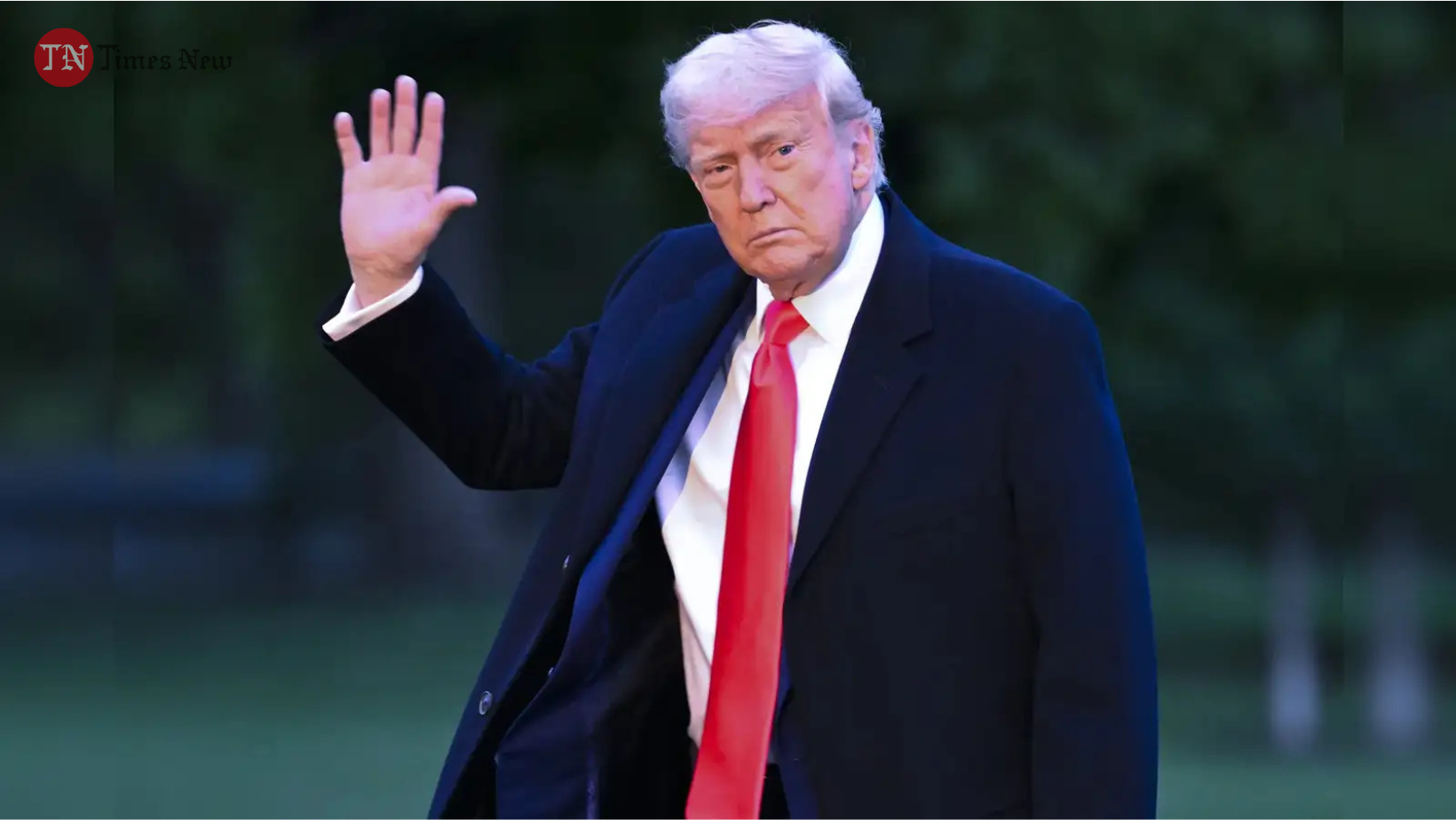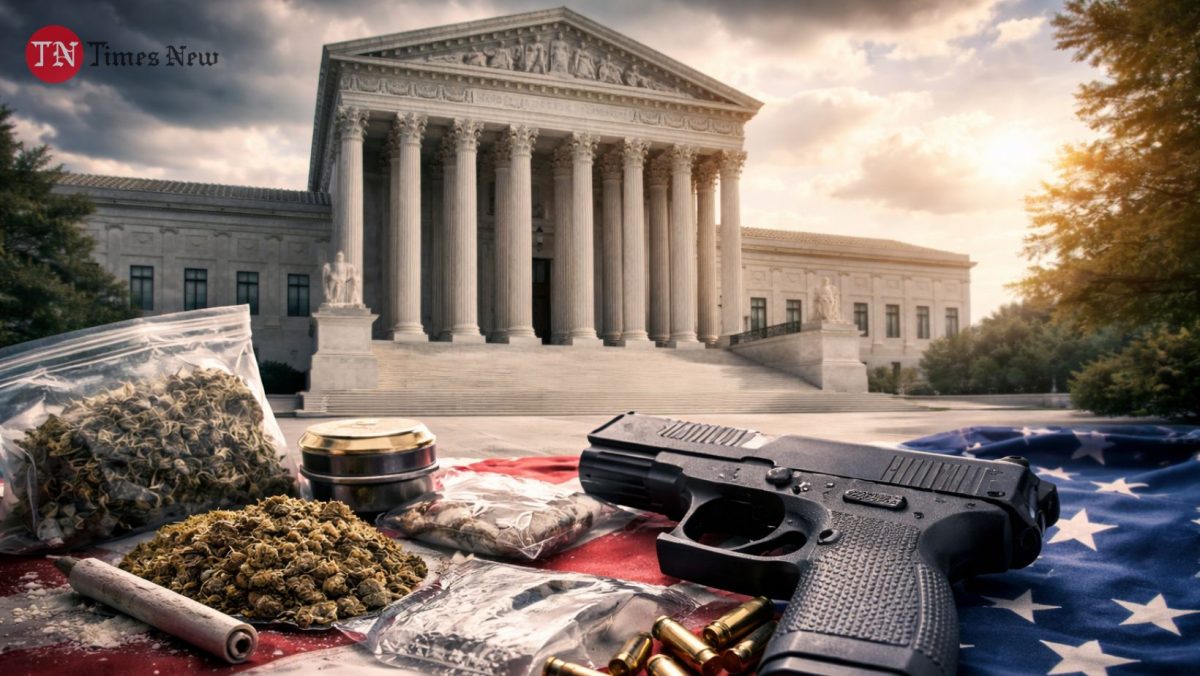
Former US President Donald Trump’s latest travel ban targeting 19 countries came into effect on Monday at 00:00 ET. The executive order blocks nationals from 12 countries, including Afghanistan, Iran, and Libya, from entering the United States, while citizens from seven other nations such as Cuba, Venezuela, and Laos face partial restrictions. The White House described the move as “common sense restrictions” designed to protect Americans from “dangerous foreign actors.”
The new order includes several exemptions, allowing lawful US residents, government employees with Special Immigrant Visas, and athletes participating in major sporting events like the 2026 World Cup and 2028 Olympics to travel. Additional waivers may be granted on a case-by-case basis by the Secretary of State. Trump linked the policy to national security concerns, citing a recent attack in Colorado involving a foreign national as justification, though Egypt—the attacker’s country of origin—was not on the banned list.
The decision has drawn mixed responses globally. Chad responded by suspending visa issuance for US citizens, while the African Union urged the US to pursue dialogue with affected nations. At home, the move sparked political division, with Democrats decrying it as a revival of the controversial 2017 Muslim ban. Meanwhile, supporters like Congressman Clay Higgins defended the policy, stating that entry to the US is “a privilege, not a right.”
Pic Courtesy: google/ images are subject to copyright









